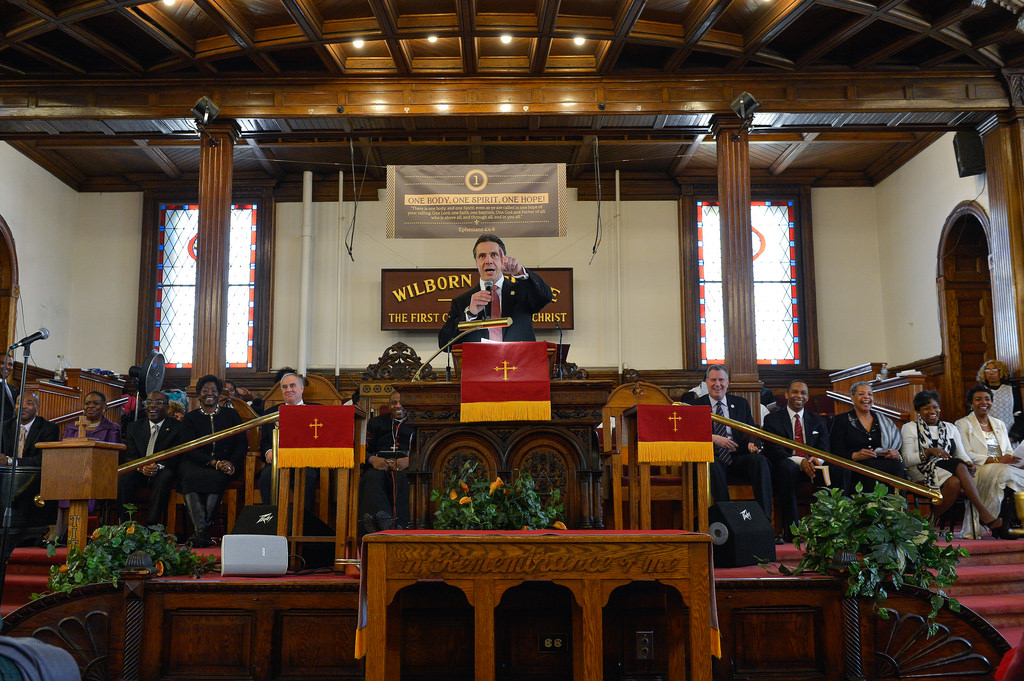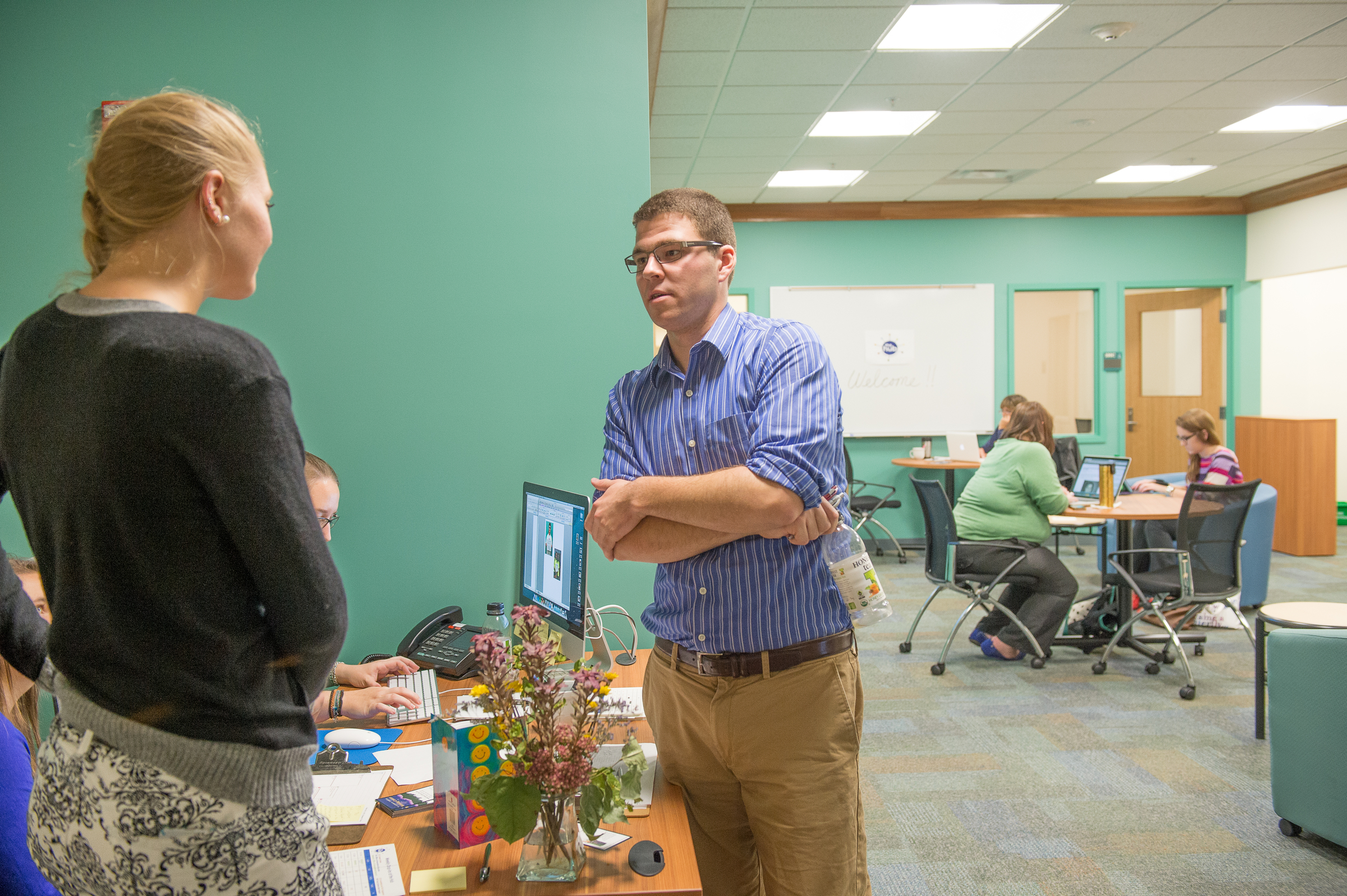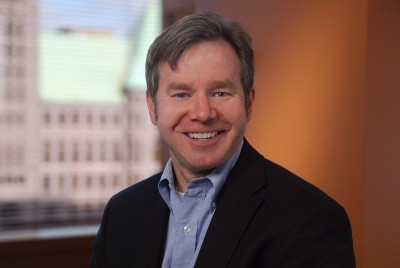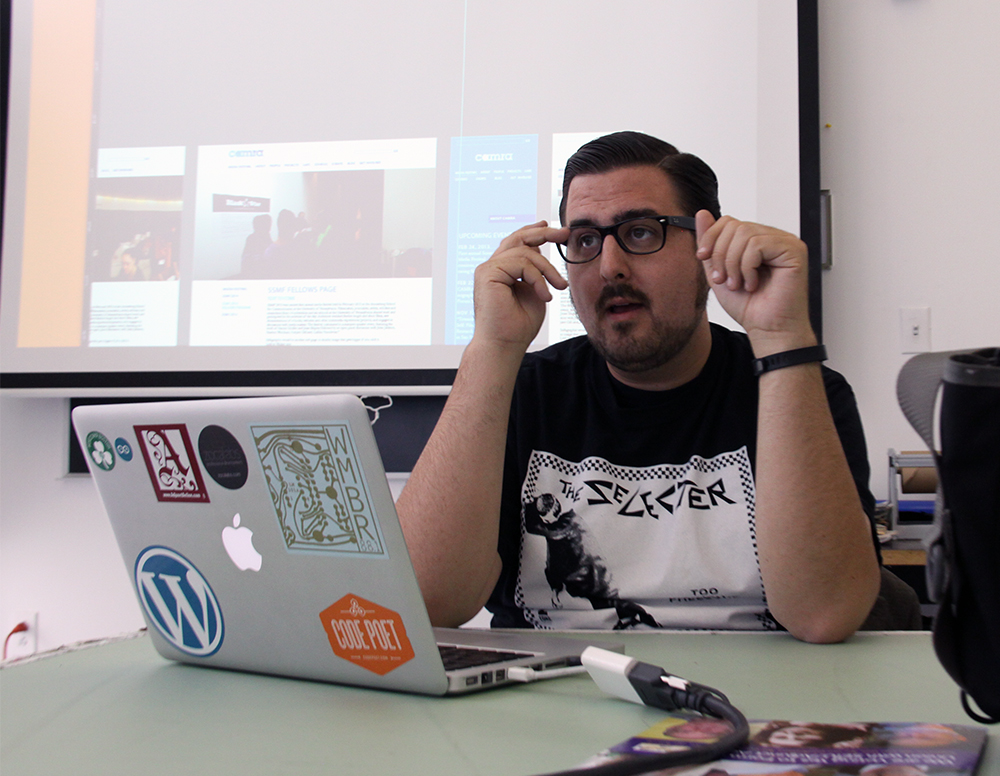new business models

New York is looking to reach out to a population that doesn't often come to mind when talking about increasing access to higher education -- prison inmates.
Earlier this month, New York Governor Andrew Cuomo announced an initiative to provide college classes to those incarcerated in his state's prisons. The plan would offer classes in 10 different prisons and inmates could receive an associate or a bachelor's degree in two and a half, to three years time.

A major national research organization is planning to poll thousands of college graduates about their lives and careers. While most Americans still see college as very important, Gallup, which is famous for its public opinion polls, says its goal is to measure the value of higher education at a time when more and more families are questioning their investment in certain degrees.
The president didn’t say much about college affordability in his state of the union address this week, unlike in previous years, but some members of Congress are pushing the issue. U.S. Rep. Suzanne Bonamici (D-Ore.) introduced a bill Wednesday that would waive tuition at public universities. Instead, students would pay a percentage of their incomes after graduation.
The role of faculty with the rise of new technologies like massive open online courses may be changing, but political scientist Ben Ginsberg argues it's already been changed by the rise of something else: deanlets.
Deanlets, he explains, are administrators at universities who are often less knowledgeable about the institution but are asked to make big decisions about its direction, something previously done by faculty.
 It’s the perennial question that college seniors get around this time of year as they count down the days to graduation: “Do you know what you’re going to do yet?”
It’s the perennial question that college seniors get around this time of year as they count down the days to graduation: “Do you know what you’re going to do yet?”
While some students may be all set with a job, others are at a loss.
As more people question the value and cost of higher education, and President Barack Obama calls for a federal college-rating system that would measure job and income-related outcomes, many colleges and universities are responding to the pressure by beefing up their career centers.
 More and more we are seeing articles in the media asking: “Is college worth it?” The question at one time might have seemed silly; most economists and higher education experts argue that higher education is still worth it. But the affordability crisis facing American colleges and universities may soon change that assessment.
More and more we are seeing articles in the media asking: “Is college worth it?” The question at one time might have seemed silly; most economists and higher education experts argue that higher education is still worth it. But the affordability crisis facing American colleges and universities may soon change that assessment.












